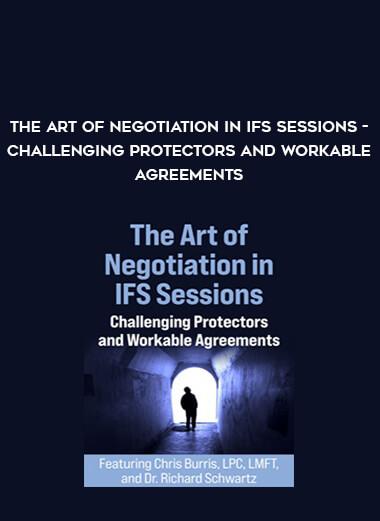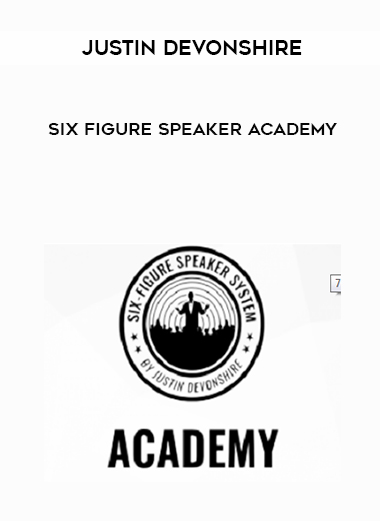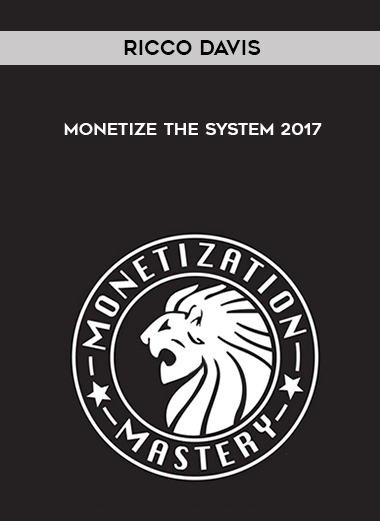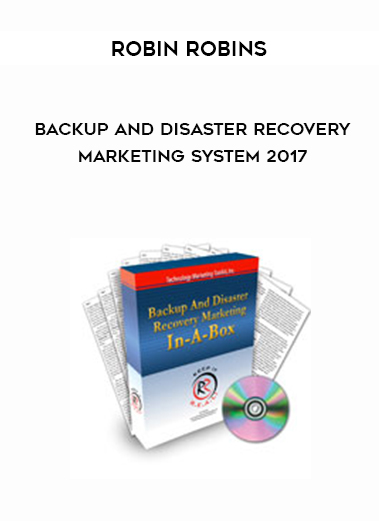The Art of Negotiation in IFS Sessions – Challenging Protectors and Workable Agreements
 Salepage : The Art of Negotiation in IFS Sessions – Challenging Protectors and Workable Agreements
Salepage : The Art of Negotiation in IFS Sessions – Challenging Protectors and Workable Agreements
Arichive : The Art of Negotiation in IFS Sessions – Challenging Protectors and Workable Agreements
Faculty:
Richard Schwartz, PhD | Chris Burris
Duration:
Approx. 13 Hours
Copyright:
Jan 01, 2022
Product Code:
IRS035352
Media Type:
Online Course
Module 1: What is Self-Led Negotiation? If Self has no agenda, then how is this possible? In this module, we will explore the natural motivation toward health, harmony, and healing that resides in Self-energy as well as in all the internal parts. There are both receptive and active forms of Self-energy in both the client and the facilitator that can meet and assist with the internal unfolding process toward greater internal collaboration and healing of trauma.
Module 2: How do we determine “Motivation” from “Agenda” in the Self of the Facilitator? Many of our Facilitator or Therapist Parts attended advanced professional training programs or graduate school to learn to help others. In this process, the “Helper Parts” may have also learned to lead the system. The goal in the IFS Model is for the facilitator to be Self-Led while providing IFS therapy. We have to distinguish between our “Helper Parts” and our Self-energy. By being Self-led, the facilitator will experience greater ease and foster increased attunement and potential for healing in the therapeutic process. In this module, we will explore how to begin to identify the “Helper Parts” from the Self of the Facilitator.
Module 3: What are “workable agreements”, why are they important, and how do we create them? Creating a workable agreement is essential to all helping professions. Often, when the therapeutic process is stuck, it is because this agreement is not explicit and mutually agreed upon or it needs to be updated. The importance of understanding which Part we are making an agreement with in the client’s system and the role this agreement plays when the therapeutic process becomes stalled or stuck is crucial. There are two types of workable agreements – the overarching therapeutic agreement and the in-session agreement. In this module, we will discuss the dynamics of creating both types of workable agreements from a place of Self-leadership.
Module 4: Each of the previous three modules have established a foundation for working with Challenging Protectors. In this module, we will build upon what we have already discussed and elaborate on the most common dynamics associated with working successfully with Challenging Protectors. These dynamics include parts of the facilitator, lack of an explicit workable agreement, external constraints, involuntary protectors, self-reliant systems and parts, critics, and burdens of shame.
Richard Schwartz, PhDRelated seminars and products
IFS Institute
Richard Schwartz began his career as a systemic family therapist and an academic and he is now on the Faculty of the Department of Psychiatry at Harvard Medical School. He is also a Senior Fellow of the Meadows treatment center in Arizona. Grounded in systems thinking, Dr. Schwartz developed the Internal Family Systems (IFS) model in response to clients’ descriptions of various parts within themselves. In 2000, he founded the Center for Self Leadership (now IFS Institute – www.ifs-institute.com), which offers three levels of trainings and workshops in IFS for professionals and the general public, both in this country and abroad. A featured speaker for national professional organizations, Dr. Schwartz has published many books and over fifty articles about IFS.
Chris BurrisRelated seminars and products
Chris Burris, LPC, LMFT, is a Senior Lead Trainer for the Center for Self Leadership. He has been an IFS Therapist since 1999 and is trained as a Marriage and Family Therapist. He utilizes mind/body approaches of therapy in alleviating traumatic stress, depression, and anxiety disorders. He has worked extensively with couples, families, teenagers, and children and is an AAMFT Approved Supervisor. Since 1990, he has been very active with men groups and rites of passage programs. As the former Director of Counseling at The North Carolina School of the Arts, Chris has considerable experience with performance enhancement for Artists, Actors, Filmmakers, Musicians, Writers, and Dancers. A current passion is to help individuals explore The Second Half of Life opportunities, defining purpose and making sacred choices for improving the world. He is currently in Private Practice in Asheville, North Carolina.


![[Audio Only] CC19 Workshop 15 - Advanced Relational Life Therapy (RLT) - Terry Real](https://intellschool.info/wp-content/uploads/2022/02/ajHcWg3pZEWoZ4CLN52R4A-200.jpg)




























Reviews
There are no reviews yet.